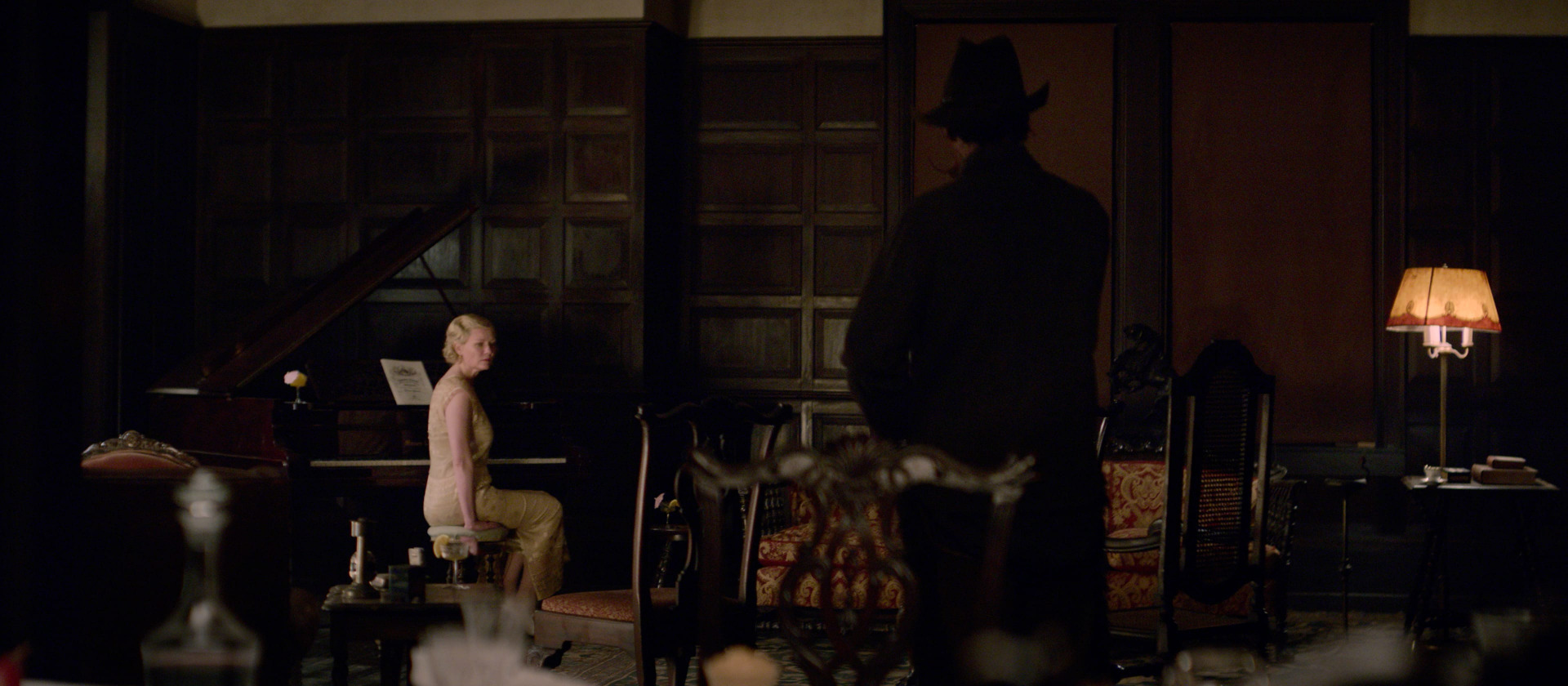The Power of the Dog: What Kind of Man?

When Jane Campion, after an absence of more than a decade, returned to feature filmmaking with The Power of the Dog (2021), she did something she had never done before: she placed a man at the center of the story. In Campion’s previous seven features, from Sweetie (1989) through Bright Star (2009), and in the two seasons of her TV series Top of the Lake (2013 and 2017), the principal character is a woman, and specifically a woman from whose subjectivity the narrative develops. Campion’s women have never been objects. And they have always been conflicted. Consider Sweetie’s withdrawn and resentful Kay, struggling against her manic sister’s demands for their father’s love; Janet Frame in An Angel at My Table (1990), affirming the truth and sanity of her own experience through writing; Isabel Archer in The Portrait of a Lady (1996), depicted as a gorgeous, cornered animal, paralyzed between fight and flight; Top of the Lake’s Robin Griffin, who becomes a cop to bring to justice the corrupt men who run her hometown: Campion’s heroines are the avatars through which she conveys the dilemmas, desires, fears, mistakes, and, occasionally, triumphs of women living—as we all do worldwide and have since the beginning of civilization—in patriarchy.
As an exploration of masculinity, then, The Power of the Dog is a radical departure for the director. It opens with a question, posed in voice-over by a character who does not appear on the screen until minute five: “When my father passed, I wanted nothing more than my mother’s happiness. For what kind of man would I be if I did not protect my mother? If I did not save her?” The question shadows the entire movie, defining its dramatic tension and the rationale for its lethal resolution. But it extends beyond the particulars of filial responsibility and love. Evoking archetypal narratives as disparate as Hamlet, Psycho, and the Oedipus trilogy, it poses an existential question about manhood. How does one prove to oneself and to others that one is a man? What if all proofs are questionable because they rely on a suspect binary, belied by personal experience—that masculinity and femininity are absolute in their difference? Campion is not a didactic filmmaker, but in her unsparing depiction of patriarchal power, we see a pathology from which no one escapes.








